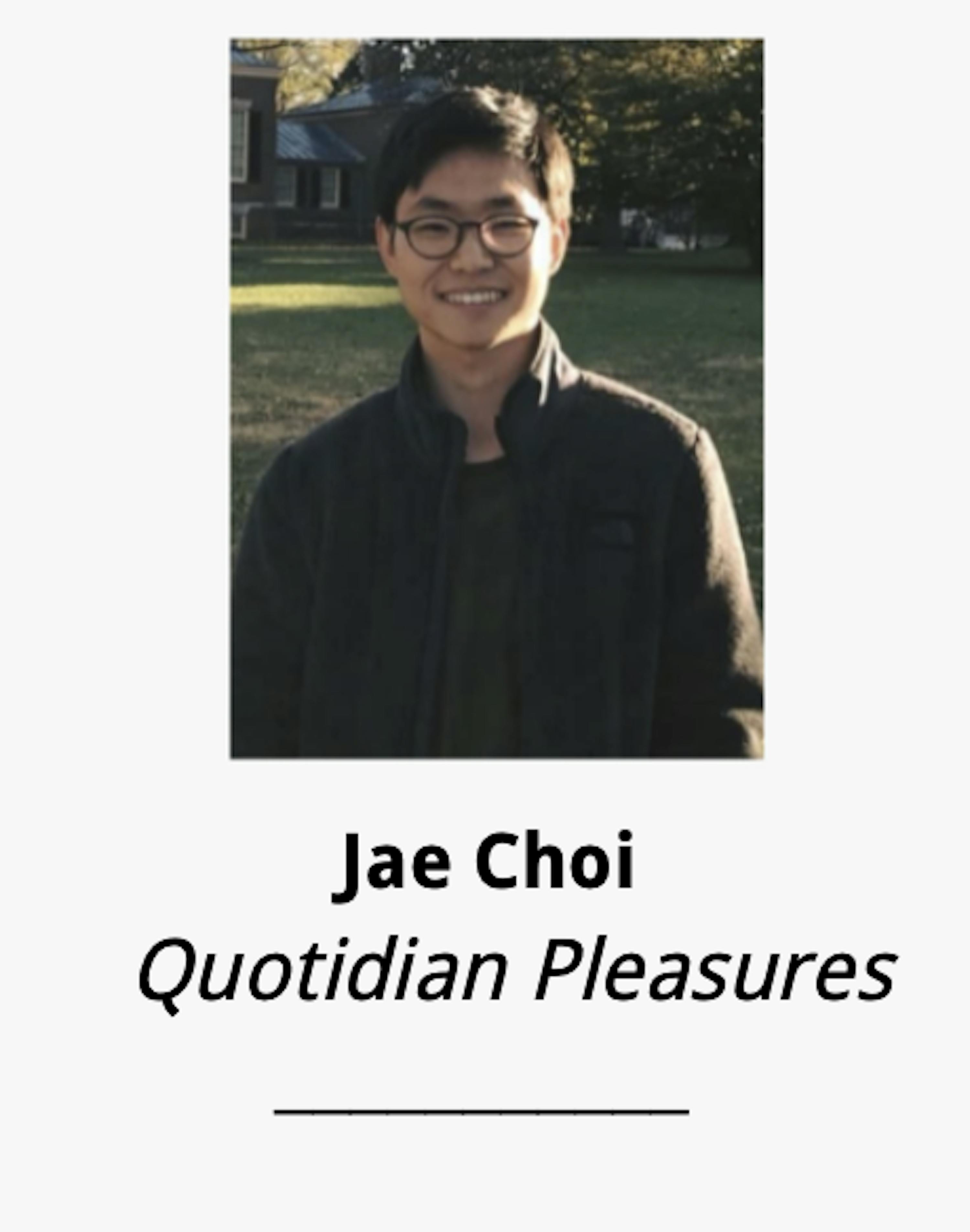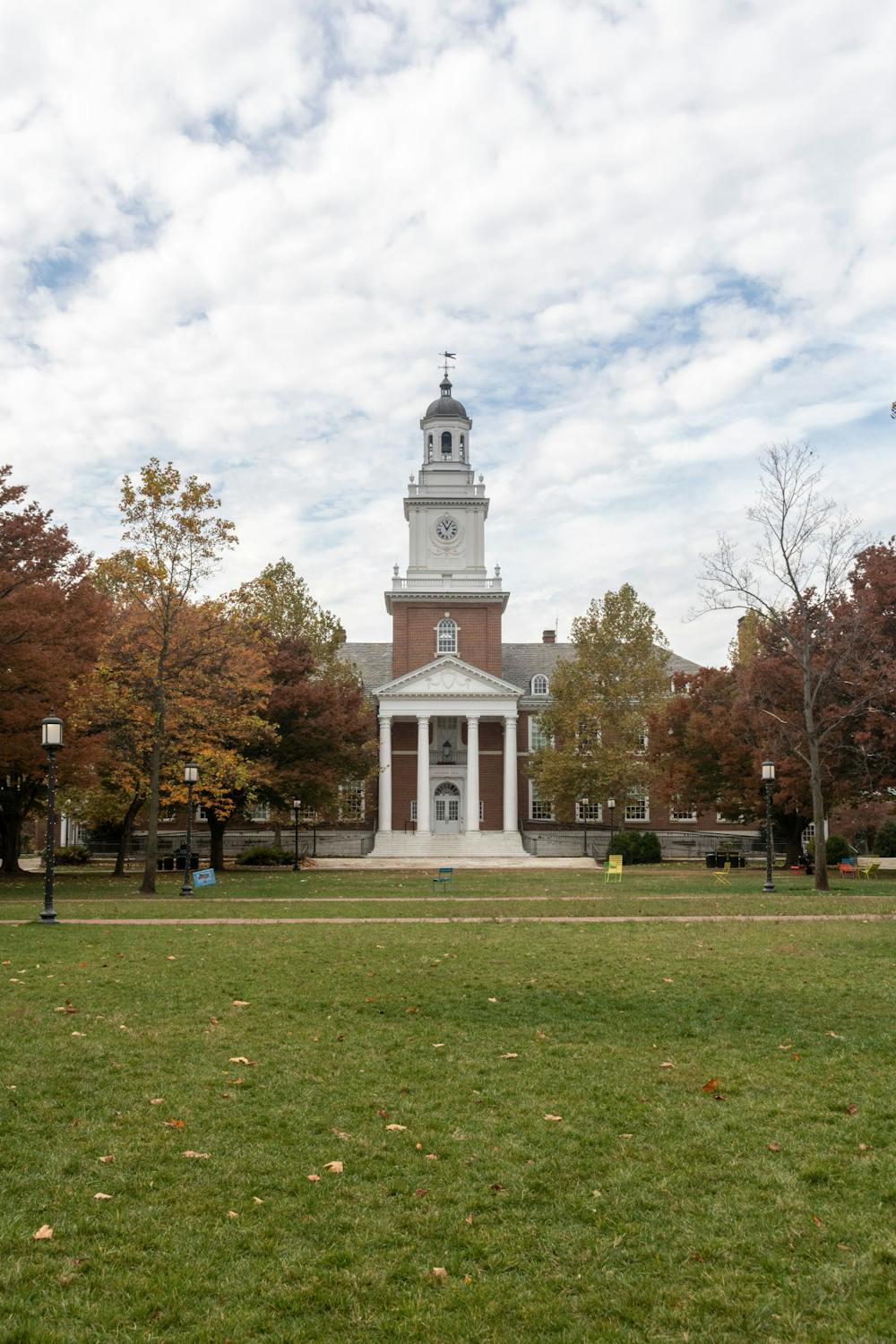
Tuesday, March 10, 2020. 7:34 p.m. I sat slouched in my A-level cubicle, poring over Lineweaver-Burk plots and peptide-bond hydrolysis mechanisms, when I got the email.
“COVID-19 Update: Classes canceled, resume online no later than March 23.”
I was initially in disbelief. Then I opened the body of the email.
“Effective tomorrow, Wednesday March 11, we are canceling in-person classes...”
It took me at least three read-throughs of the email to thoroughly digest what was happening.
“...for all students as we transition to remote instruction, through at least April 12.”
But I was optimistic that as long as we all socially distanced (was this term even a thing back then?) and thoroughly washed our hands until April, I’d find myself back in Mudd, horsing around with my friends before Biochem. Or spending late nights in Brody. Or going to lab meetings and interesting events around campus. But then the second email came.
Ever since that second email, the pandemic collapsed all these experiences of going to class, studying with friends and going to meetings and events — probably the things I miss most about pre-pandemic Hopkins — into the space of a 13-inch screen in my bedroom. In some sense, I’ve come to miss all these in-person experiences not because they no longer exist but rather because their original quality was lost in their conversion into Zoom meetings.
It’s only recently struck me how much of my life is spent on Zoom now. Last Thursday, I had a slew of meetings in dizzying succession; between classes, office hours, a meeting with my lab supervisor and meeting up with some friends online, I hardly had time to catch my breath. I was likely experiencing some form of “Zoom fatigue” — something I’d probably felt before. The only difference was that this time, I was consciously acknowledging it.
Zoom fatigue is something that I’m sure everyone has heard about at this point; it’s even made its rounds in academia. According to a paper by Jeremy Bailenson in the journal Technology, Mind and Behavior, Zoom fatigue has been on the rise due to four main causes: excessive eye contact, constantly seeing yourself on Zoom, lack of physical movement and the increased cognitive load demanded by video chatting. There’s apparently even a Zoom Exhaustion and Fatigue (ZEF) Scale in the works to further explore this phenomenon.
Bailenson discusses how constantly feeling like we’re being looked at over Zoom can be unnerving. Faces may also appear too large or intimately close on-screen, which our brains interpret as an emotionally charged encounter. This leads to the release of a cocktail of stress hormones. The paper also cited evidence that having your face constantly reflected back at you can make you more critical of yourself.
In my mind, there are other stressors that have less to do with Zoom as a platform and more to do with the fact that meetings take place at home. Sometimes one of my roommates might enter my frame, which can be somewhat embarrassing.
That said, I feel like Zoom also has its virtues. All you need is a laptop or a phone, and you can Zoom in from anywhere. And you can make your environment as comfortable as you want (within tactful limits, of course) to make sitting in meetings less taxing.
More than that, there are still occasions for building a sense of community despite the virtual constraint. I’ve genuinely enjoyed working on group presentations over Zoom. While exploring John Milton’s engagement with the mathematical innovations of his day or exploring the cultures of different medical professions with my peers, there were often opportunities to get to know the members of my group on a personal level. Our conversations involved talking about how I remembered them from Intro to Lit freshman year, sharing our post-grad plans, bonding with one student over having the same poster for a band we both liked.
I’ve occasionally sat on Zoom with friends to have company while studying; it’s often comforting to have someone else there even if you’re just working on your own thing — just like being at Brody.
And when a friend recently invited me to a Zoom space dedicated to reflecting on the mass shooting in Atlanta almost a month ago, it helped me contemplate the various factors that led to tragedy and aspects of my identity as an Asian American.
And honestly, I feel like Zoom is an effective tool (or at least is the best given the circumstances) for learning. I’ve taken some of my favorite classes at Hopkins over Zoom, and my professors have been adept at making the material engaging and interesting by taking advantage of Zoom’s features.
I feel like these are things that certainly helped me with avoiding Zoom fatigue, aside from some solutions outlined in the Bailenson paper, such as taking Zoom out of fullscreen mode, using the “hide self-view” button and giving yourself more personal space on your desk. That said, I think it’s important to keep in mind the sample size of one.
The night the first cancellation email came, I could never have imagined how much my life over the course of the following year would be spent on a Skype competitor that I’d never heard of before. But I’m grateful that for all the flaws of Zoom as a platform, it’s opened up vital occasions for learning, reflecting or just hanging out.
I’m grateful that I’ve still been able to have transformative learning experiences as a student — and that’s the point, right? I recently walked across campus, passing by Brody, Gilman and Remsen, places where I forged some of my deepest friendships and where I came to love learning. It’s nice that Zoom is a place where that can still happen.
Jae Choi is a senior from Carrollton, Texas studying Neuroscience and English. He is an aspiring MD candidate. In his column, he enjoys making sense of extended stays at home during the pandemic and finding significance in everyday activities.





